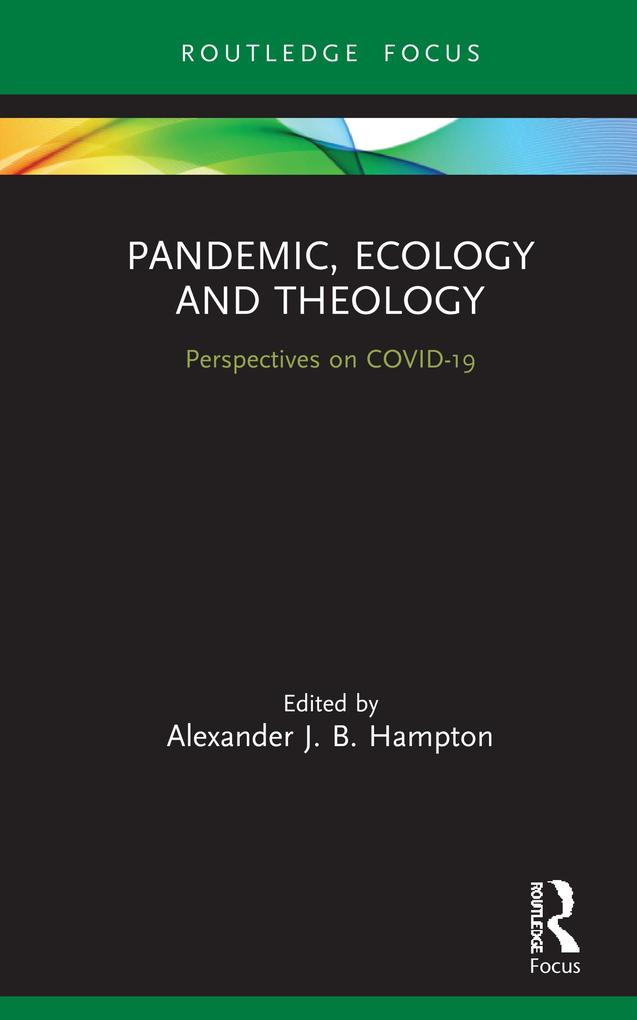
Zustellung: Di, 29.04. - Sa, 03.05.
Versand in 1-2 Wochen
VersandkostenfreiBestellen & in Filiale abholen:
As the sequential stages of the 2020 COVID-19 pandemic have unfolded, so have its complexities. What initially presented as a health emergency, has revealed itself to be a phenomenon of many facets. It has demonstrated human creativity, the oft neglected presence of nature, and the resilience of communities. Equally, it has exposed deep social inequities, conceptual inadequacies, and structural deficiencies about the way we organize our civilization and our knowledge.
As the situation continues to advance, the question is whether the crisis will be grasped as an opportunity to address the deep structural, ecological and social challenges that we brought with us into the second decade of the new millennium. This volume addresses the collective sense that the pandemic is more than a problem to manage our way out of. Rather, it is a moment to consider our broken relationship with the natural world, and our alienation from a deeper sense of purpose and meaning.
The contributors, though differing in their diagnoses and recommendations, share the belief that this moment, with its transformative possibility, not be forfeit. Equally, they share the conviction that the chief ground of any such reorientation ineluctably involves our collective engagement with both ecology and theology.
As the situation continues to advance, the question is whether the crisis will be grasped as an opportunity to address the deep structural, ecological and social challenges that we brought with us into the second decade of the new millennium. This volume addresses the collective sense that the pandemic is more than a problem to manage our way out of. Rather, it is a moment to consider our broken relationship with the natural world, and our alienation from a deeper sense of purpose and meaning.
The contributors, though differing in their diagnoses and recommendations, share the belief that this moment, with its transformative possibility, not be forfeit. Equally, they share the conviction that the chief ground of any such reorientation ineluctably involves our collective engagement with both ecology and theology.
Inhaltsverzeichnis
Introduction: Theology and Ecology in a Time of Pandemic 1. Viral Visions & Dark Dreams: Ecological Darkness and Enmeshment in the Time of COVID-19 2. Ecology and the Unbuffered Self: Identity, Agency, and Authority in a Time of Pandemic 3. What Happened to Touch? 4. The Gallop of the Pale Green Horse: Pandemic, Pandaemonium and Panentheism 5. Eschatology in a Time of Crisis 6. The Multidimensional Unity of Life, Theology, Ecology, and COVID-19 7. Between Catastrophes: God, Nature and Humanity 8. COVID-19, Human Ecology, and the Ontological Turn to Gaia 9. The Recovery of Nature's Religious Role in the Context of the Pandemic 10. Listening to the Pandemic: Decentering Humans through Silence and Sound.
Produktdetails
Erscheinungsdatum
02. November 2020
Sprache
englisch
Seitenanzahl
146
Herausgegeben von
Alexander Hampton
Verlag/Hersteller
Produktart
gebunden
Gewicht
324 g
Größe (L/B/H)
222/145/12 mm
ISBN
9780367615826
Entdecken Sie mehr
Bewertungen
0 Bewertungen
Es wurden noch keine Bewertungen abgegeben. Schreiben Sie die erste Bewertung zu "Pandemic, Ecology and Theology" und helfen Sie damit anderen bei der Kaufentscheidung.









